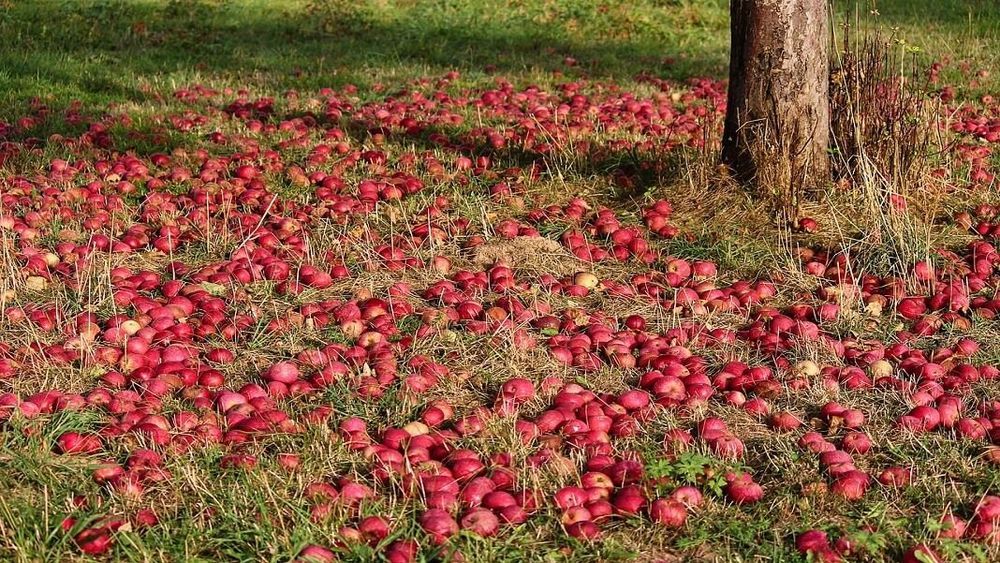Circa 2019
Technology has long been helping to hack world hunger. These days most conversations about tech’s impact on any sector of the economy inevitably involves artificial intelligence—sophisticated software that allows machines to make decisions and even predictions in ways similar to humans. Food waste tech is no different.
A report from the Ellen MacArthur Foundation and Google estimates that technologies employing AI to “design out food waste” could help generate up to $127 billion a year by 2030. These technologies range from machine vision that can spot when fruit is ready to be picked to algorithms that forecast demand in order to ensure retailers don’t overstock certain foods.
One London-based startup that has been generating headlines by reducing food waste is Winnow Solutions. The company took in $20 million in October from equity investments and loans to scale its AI platform, Winnow Vision, which identifies and weighs food waste for commercial kitchens. It then automatically assigns a dollar value to each scraped plate of fettuccine Alfredo or bowl of carrots dumped into its smart waste bin.
